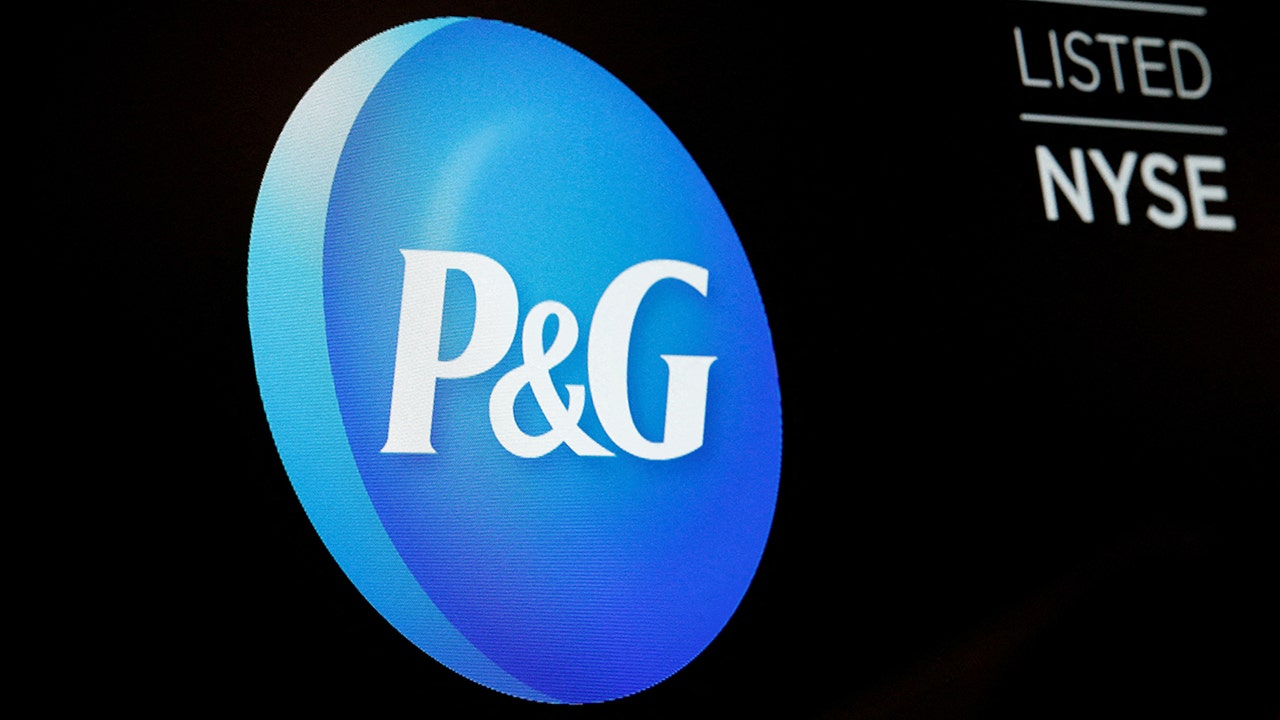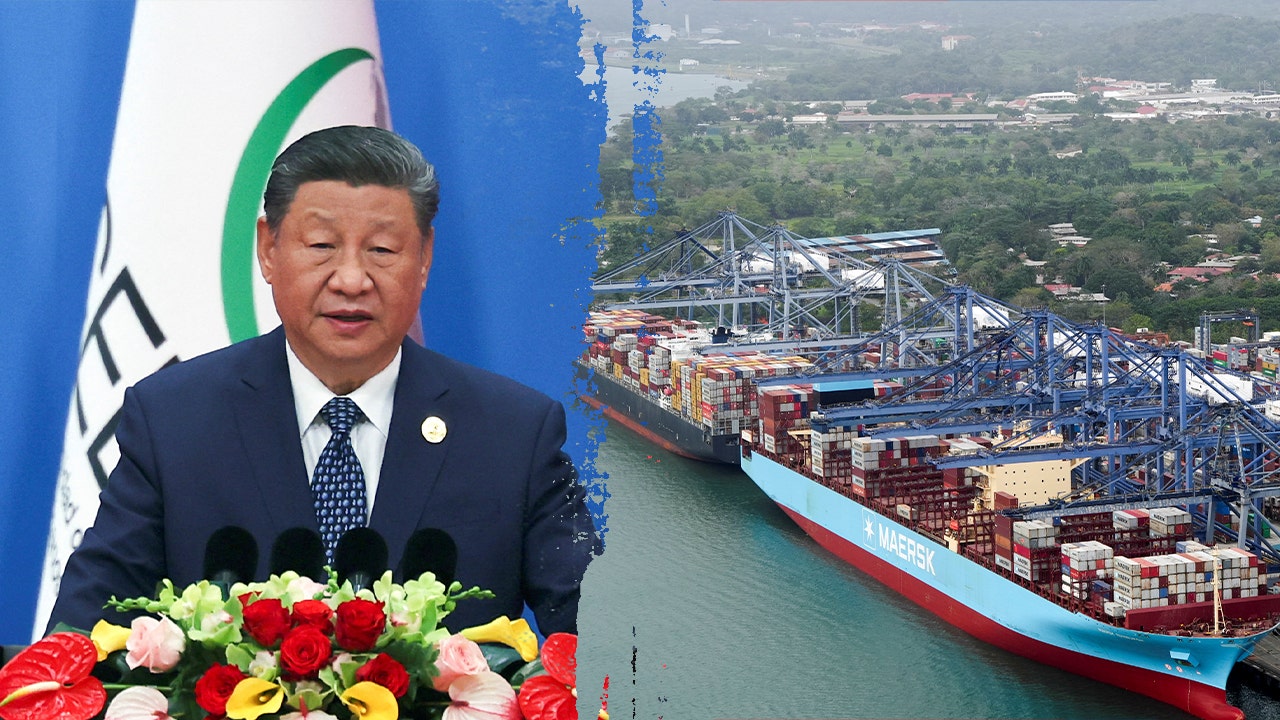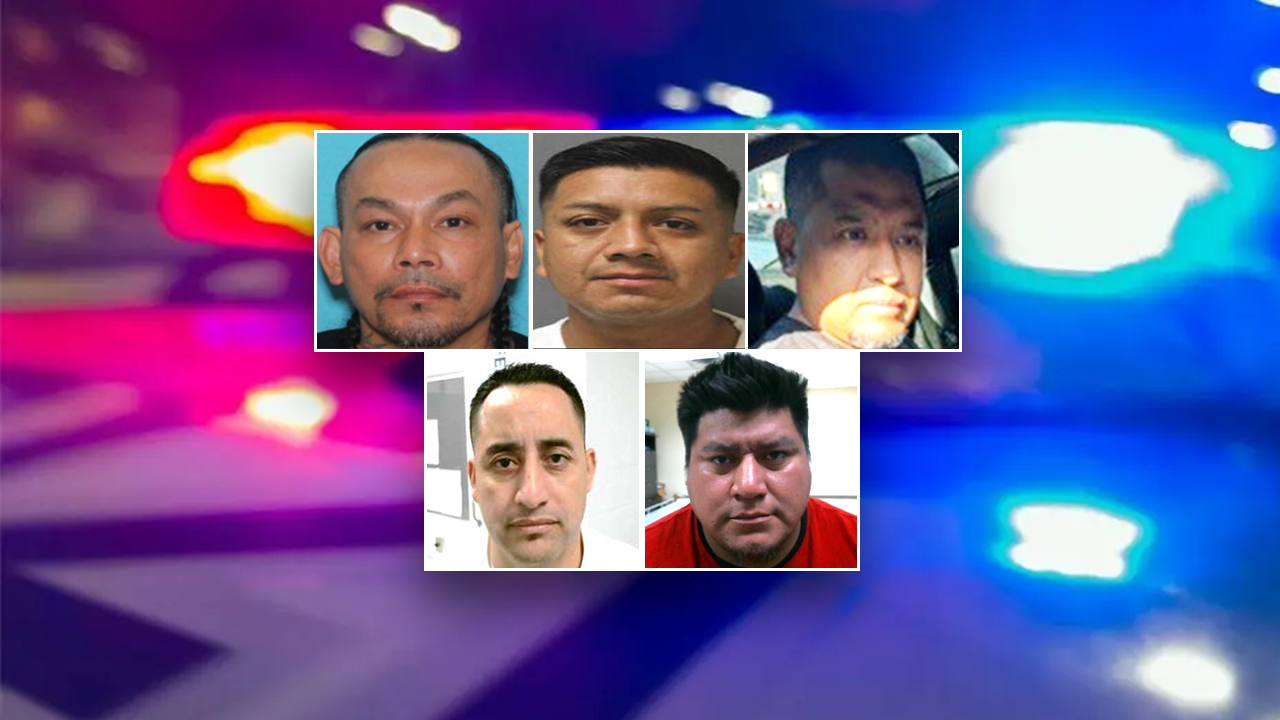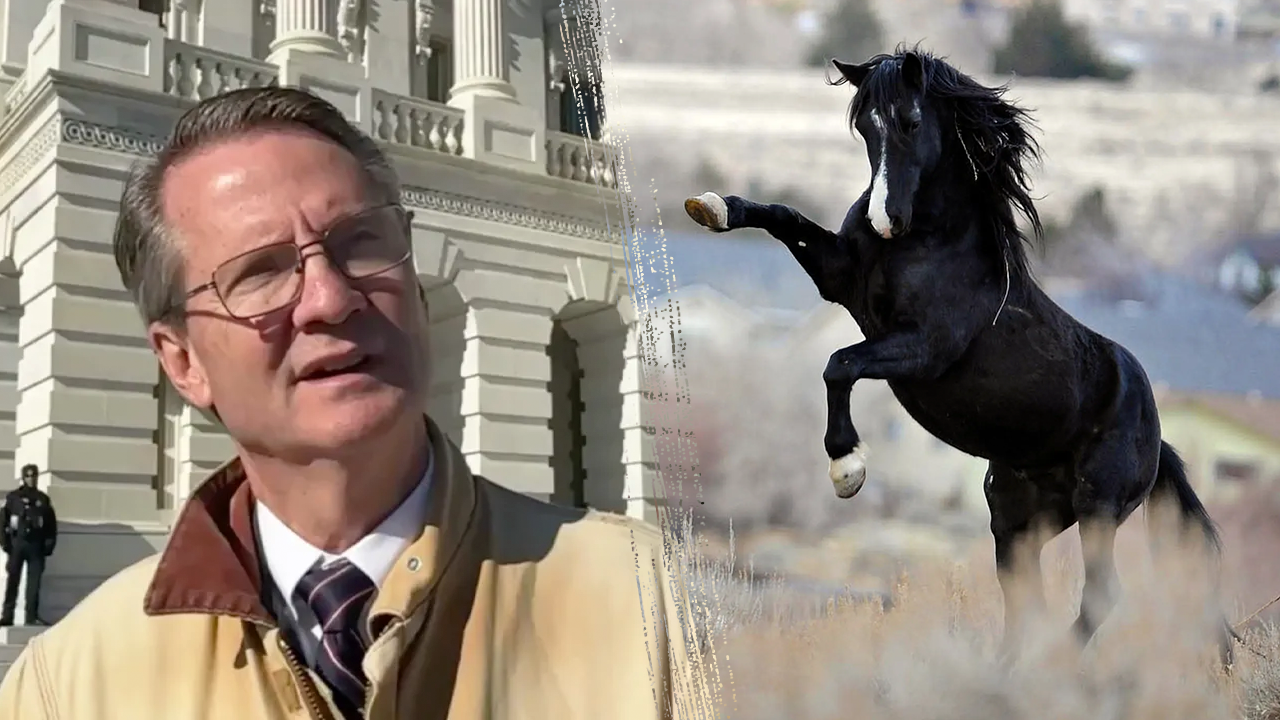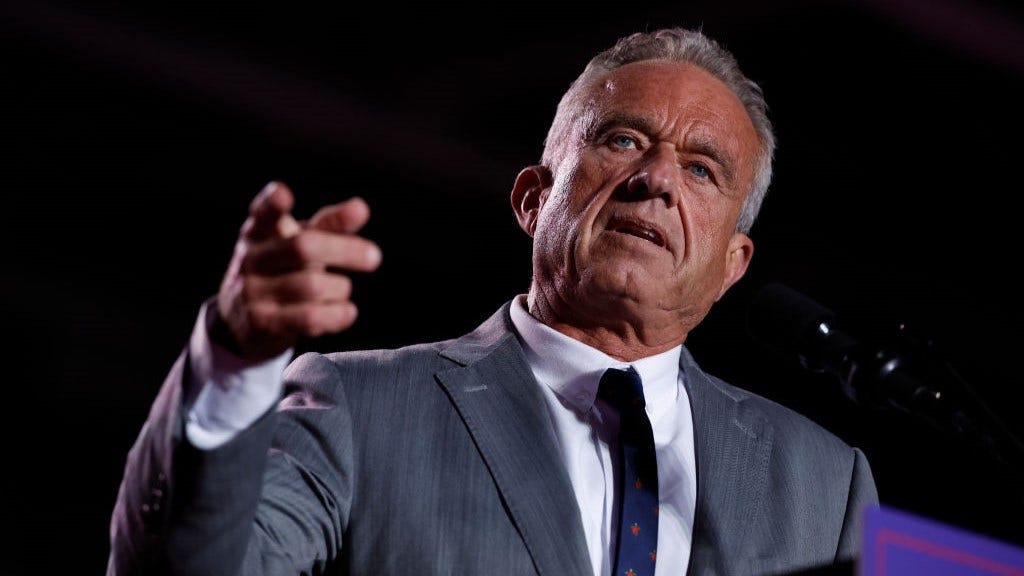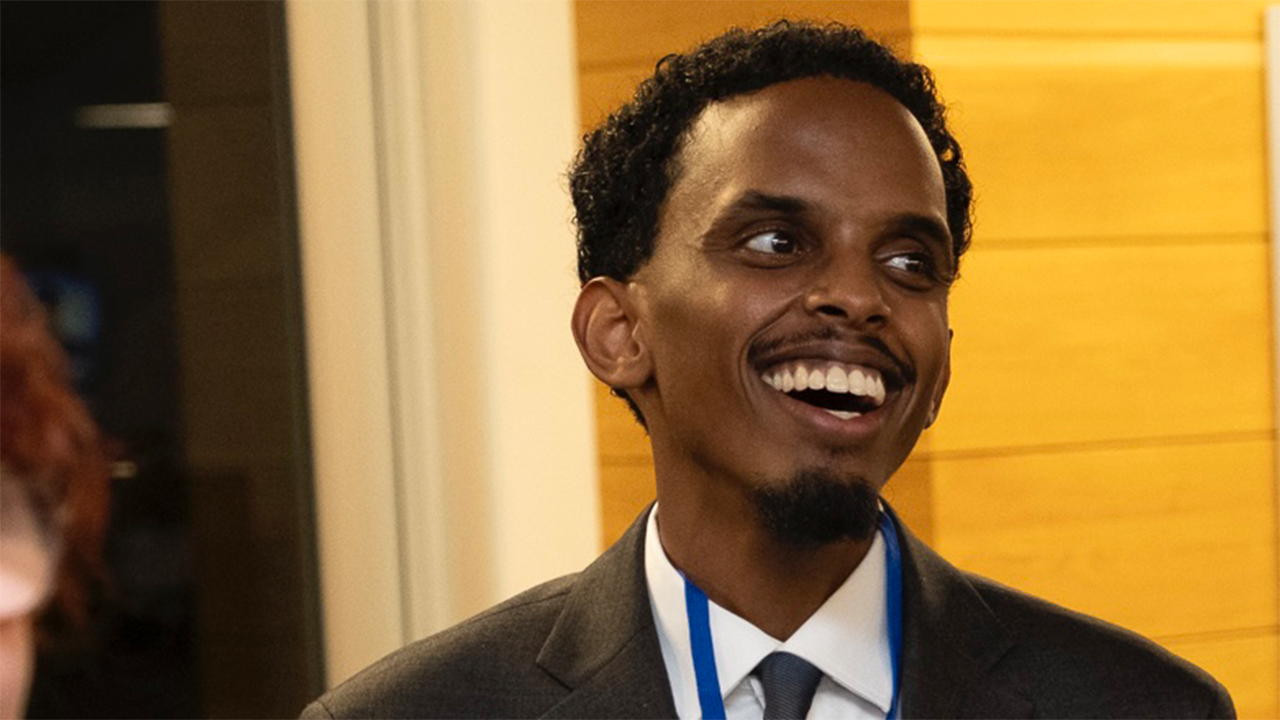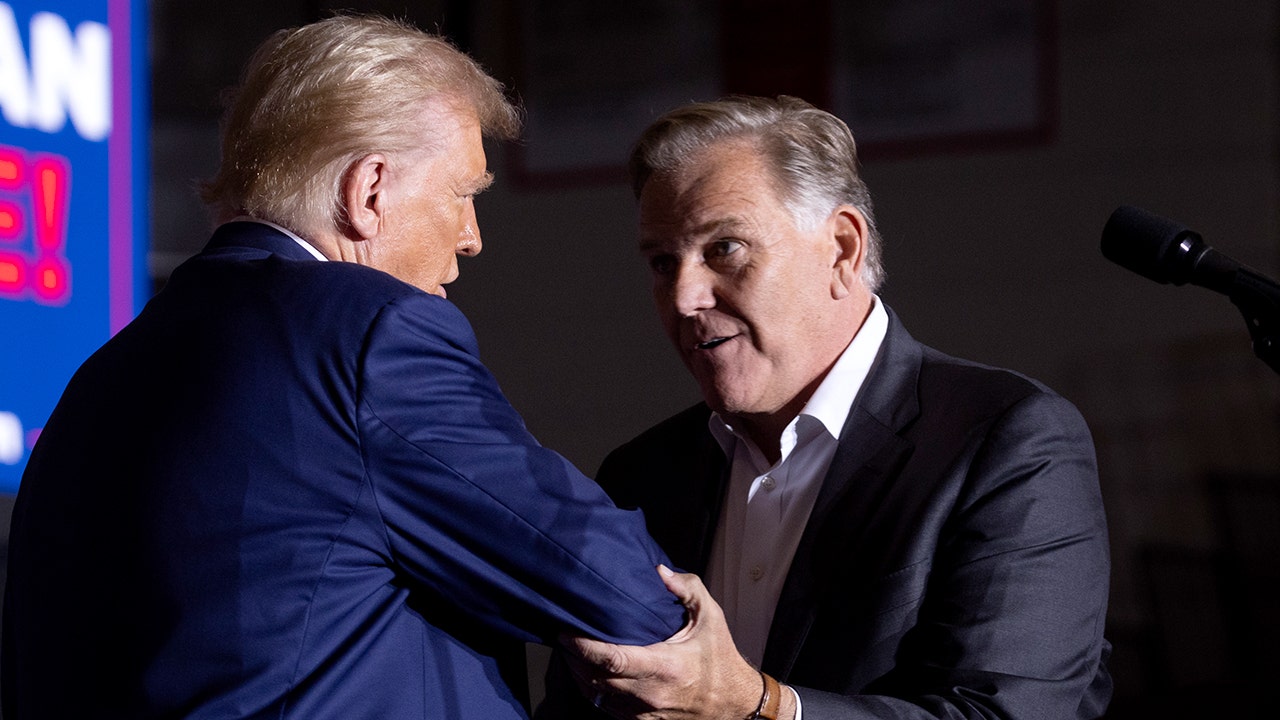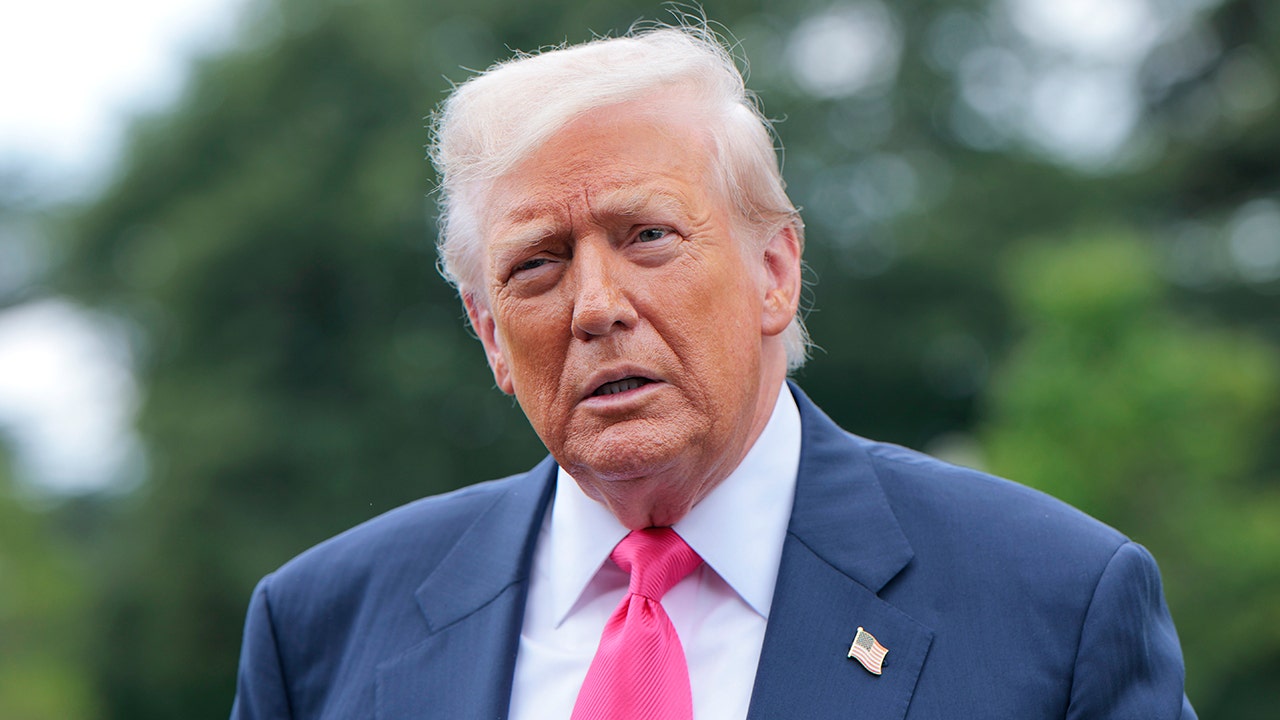NEWYou can now listen to Fox News articles!
China may soon gain greater influence over the Panama Canal following the collapse of a proposed deal between U.S.-based BlackRock and Hong Kong’s CK Hutchison, which had initially sparked tensions with Beijing.
The original agreement would have transferred control of dozens of international ports — including two in Panama — to a consortium involving BlackRock. The deal was reportedly welcomed by former President Donald Trump, who voiced support for reducing Chinese influence over the canal and even floated the idea of the U.S. “taking back” the strategic waterway.
However, Beijing pushed back. China advocated for state-owned shipping giant Cosco to be included in the transaction, signaling its desire for a direct stake, not just an indirect one through the Hong Kong-based Hutchison, in the canal’s operations.
Amid mounting pressure from China and the threat of an anti-monopoly investigation, CK Hutchison announced Monday that the exclusive negotiation window with BlackRock had expired. However, the company also signaled its openness to reconfiguring the deal.
CHINA, HONG KONG THREATEN TO THWART SALE OF PANAMA CANAL PORTS TO AMERICA’S BLACKROCK
It said it would “remain open to discussions with a view to inviting a major strategic investor from the [People’s Republic of China] to join as a significant member of the consortium.” According to the company, changes in deal structure and participant makeup are necessary to gain approval from “all relevant authorities.”
The original $23 billion deal involved transferring ownership of 43 ports across 23 countries — including the two critical Panamanian ports located at either end of the canal in Balboa and Cristobal. CK Hutchison has operated both since 1997. The firm is owned by the family of Hong Kong’s wealthiest man, Li Ka-shing.
China’s growing footprint in Latin American infrastructure has long raised bipartisan alarms in Washington. However, Trump stands out as the first modern U.S. president to suggest reclaiming the Panama Canal, which the U.S. completed in 1914 and handed over to Panama in 1999 under a treaty signed in 1977 during the Carter administration.
CHINA’S BILLION-DOLLAR FOOTPRINT NEAR FLORIDA COAST POSES US NATIONAL SECURITY RISK, EXPERT WARNS
“China is operating the Panama Canal, and we didn’t give it to China — we gave it to Panama — and we’re taking it back,” Trump recently declared.
One analyst believes China may ultimately be excluded from the Panama port holdings while gaining control of most other assets in the larger deal.
“China will insist this be the quid pro quo: that the other global ports have Cosco participation. And obviously, Cosco is already a major global port holder,” said Dane Chamorro, head of Global Risk Analysis at consulting firm Control Risks, in an interview with Fox News Digital.
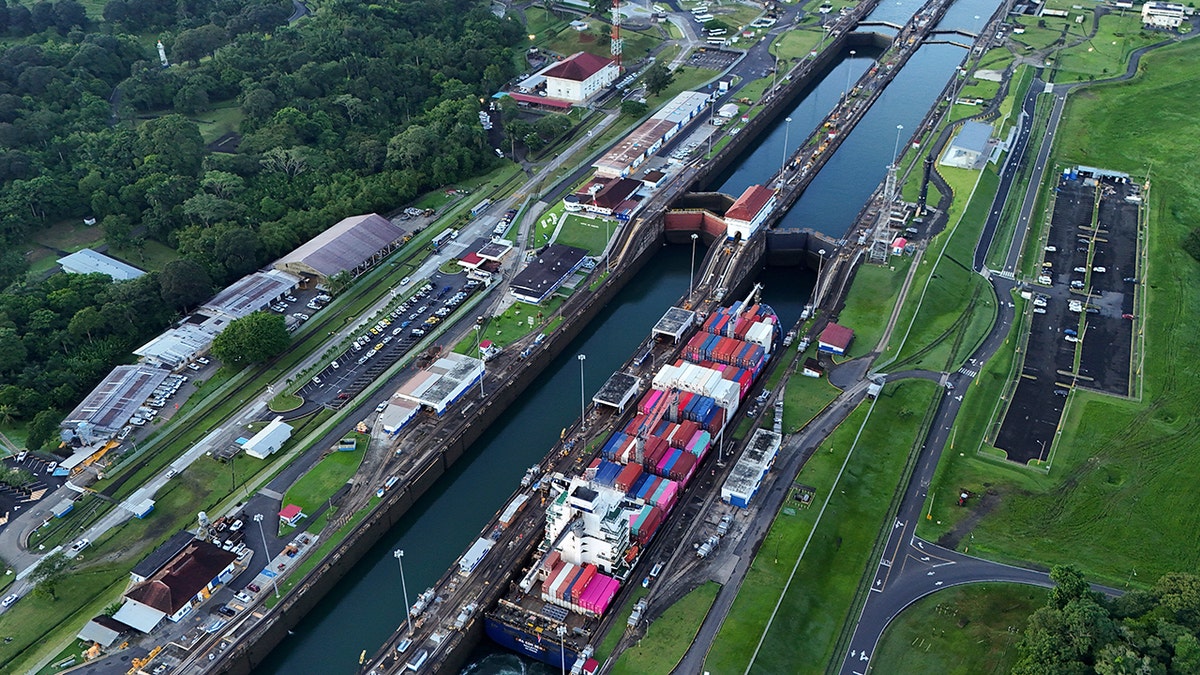
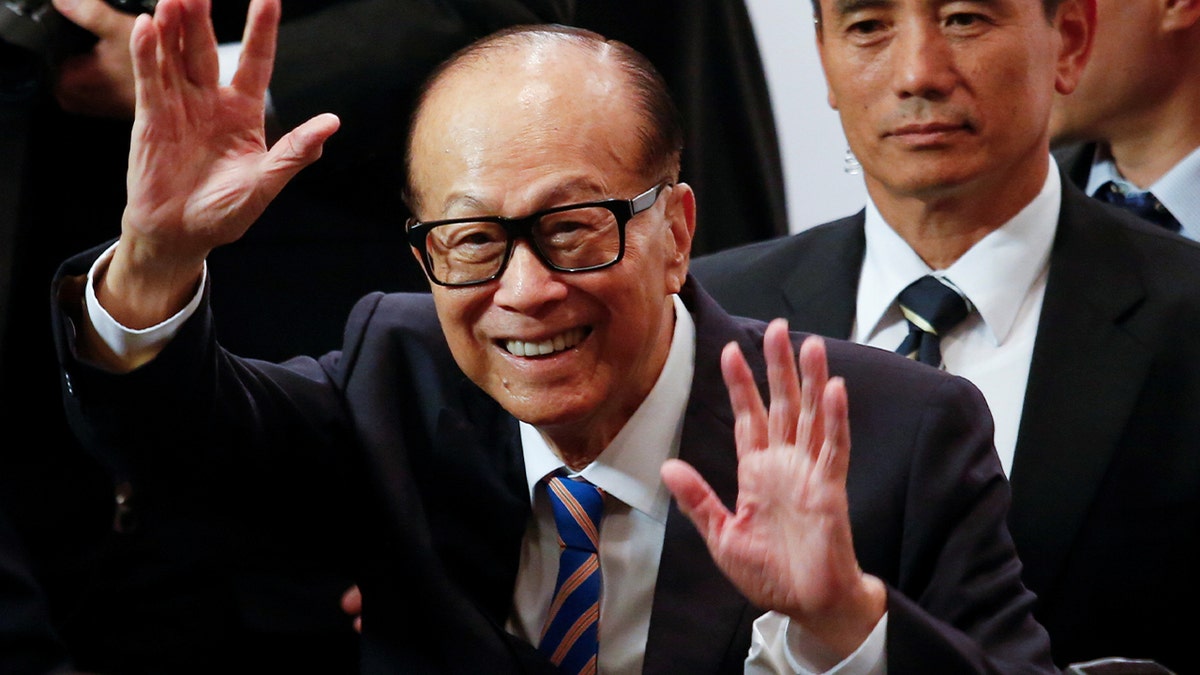
“From a U.S. perspective, they might say, ‘Okay, great—we got Hutchison, or China (since they tend to refer to them interchangeably), out of the two Panama ports.’ But in the long run, that may result in even more ports globally ending up in the hands of a Chinese state-owned entity.”
If that happens, Cosco — through this broader consolidation — would become “far and away the dominant port owner and operator globally,” Chamorro said. “That aligns with the fact that China is the world’s largest trading economy, the largest manufacturing economy, and the largest shipbuilder.”
Chamorro also noted that U.S. companies do not operate on the same global scale in the port industry as Chinese, Hong Kong or Singaporean firms.
The failed Hutchison-BlackRock deal underscores the precarious position of Hong Kong businesses under growing pressure from Beijing to prioritize national loyalty — even when it threatens ties with Western partners.
Meanwhile, Panama insists it retains full sovereignty over the canal itself and maintains that Hutchison’s operation of the port facilities does not grant China any influence over canal operations.


